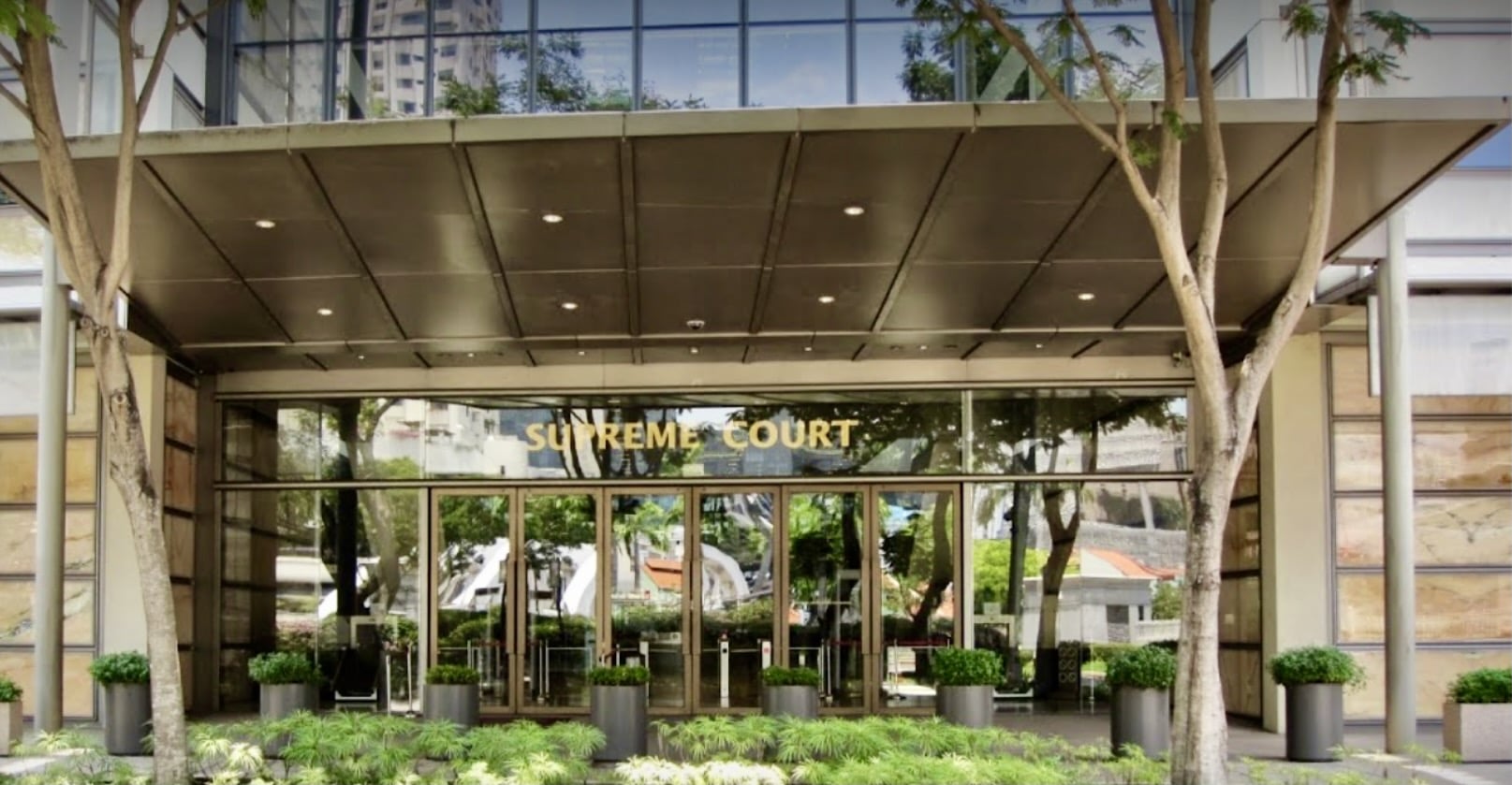Singapore’s apex court dismisses call to repeal Section 377A
Salt&Light // February 28, 2022, 5:04 pm

Five Court of Appeal judges have dismissed three legal challenges to Section 377A — the second time in a decade that it has ruled on the matter.
Singapore’s highest court has dismissed challenges to Section 377A of the Penal Code, which criminalises consensual sex between men, concluding that the men “do not face any real and credible threat of prosecution” at this time.
This ruling was handed down on Monday (Feb 28), as five Court of Appeal judges dismissed three legal challenges to Section 377A — the second time in a decade that it has ruled on the matter.
As the ruling was issued by the apex court, no further challenges can be raised for this case.
This latest ruling came after three gay men challenged the constitutionality of Section 377A, following an Indian court’s decision to lift a ban on consensual gay sex in September 2018. The three men then appealed the High Court’s dismissal of the challenges.
Chief Justice Sundaresh Menon, who delivered the 152-page judgment on behalf of the apex court, said the appellants do not have standing to pursue their constitutional challenges because they do not face any threat of prosecution.
Five Court of Appeal judges dismissed three legal challenges to Section 377A — the second time in a decade that it has ruled on the matter.
Any discussion on its constitutionality, noted Chief Justice Menon, cannot ignore the terms, purpose and consequences of the political compromise that was struck in Parliament in 2007. At that time, Section 377A was retained and Prime Minister Lee Hsien Loong said then that the Government would not proactively enforce it.
Commenting on the appellants’ point about how the Supreme Court of India had decriminalised same-sex intercourse in 2018 in their contention that the time has come for Singapore likewise to declare S377A unconstitutional, Chief Justice Menon said that one “cannot look to developments abroad without first appreciating the exceptional situation in Singapore”.
He pointed out that the merits of retaining S377A were subject to robust and lengthy debate in Parliament in 2007, culminating in a uniquely Singaporean resolution: A political compromise in which S377A would be retained because it was thought to bear important symbolic weight for the conservative mainstream in Singapore. Exceptionally, this was on the basis that S377A would not be proactively enforced, so as to accommodate those who identify as homosexuals.
“To our knowledge, no other country has struck a similar political compromise in respect of laws resembling S377A,” he said.
Avoiding polarisation
The Chief Justice added that the purpose of reaching such a unique political compromise, in order to accommodate divergent interests, avoid polarisation and facilitate incremental change, was to keep S377A as a matter within the democratic space.
“There are consequences in removing issues of such profound public and moral significance from the realm of democratic decision,” he noted.
“There are consequences in removing issues of such profound public and moral significance from the realm of democratic decision.”
The latest challenges were mounted by: Disc jockey Johnson Ong Ming, retired general practitioner Roy Tan Seng Kee and Bryan Choong Chee Hoong, the former executive director of LGBT non-profit organisation Oogachaga.
In dismissing their challenges, Chief Justice Menon clarified the scope of the appeals by emphasising what they are not about.
“They are not about whether Section 377A should be retained or repealed, that being a matter beyond our remit. Nor are they about the moral worth of homosexual individuals,” he said.
“They are also not about the fundamental nature of sexual orientation (whether immutable or not), which is an extra-legal question well beyond the purview of the courts,” he added.
Instead, he noted that they are about whether S377A is inconsistent with the Constitution, though such an answer also belies the underlying complexity of the issues that are presented.
Pragmatic approach needed for a divisive issue
Section 377A has long been a lightning rod for polarisation, in large part because it raises a wider question, which admits of no ready answers, of how a State can best maintain harmony between different communities with deeply held, and sometimes conflicting, views on important issues of moral conscience.
The judgment on Monday summarised the “political reality” surrounding S377A in three points.
Although it was retained in Singapore’s statute books, it was on the terms that it would not be proactively enforced.
The purpose of the political compromise reached in 2007 was to “strike a careful balance between the opposing interests of various groups”.
The reason for retaining the law in 2007 was “directed at addressing a deeply divisive socio-political issue in a pragmatic way”.
The purpose of the political compromise reached in 2007 was to “strike a careful balance between the opposing interests of various groups”.
Other points that the Court of Appeal made in its judgment include the point that the right to express one’s sexual identity, even in private, is not an express constitutional right. It also pointed out that Section 377A is not an “absurd” law, and “many reasonable people do in fact see Section 377A as being morally justified”, as evidenced in parliamentary debates.
The trio’s court actions came after former Chief Justice Chan Sek Keong called for a review of Section 377A, with two former attorneys-general also making public comments on the law.
Apart from dismissing the challenges, the latest written judgment concluded that S377A cannot be enforced in its entirety unless and until the Attorney-General of the day “provides clear notice” of two things in his capacity as the Public Prosecutor.
The first is that he intends to reassert his right to enforce S377A proactively by way of prosecution. The second is that he will no longer abide by the representations made by the former Attorney-General in 2018 that it would not be in the public interest to prosecute based on the conduct of two consenting adults in a private place.
RELATED STORIES:
How can the church respond better to those with same-sex attraction?
We are an independent, non-profit organisation that relies on the generosity of our readers, such as yourself, to continue serving the kingdom. Every dollar donated goes directly back into our editorial coverage.
Would you consider partnering with us in our kingdom work by supporting us financially, either as a one-off donation, or a recurring pledge?
Support Salt&Light



